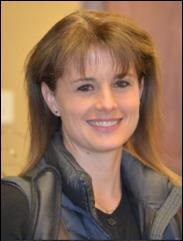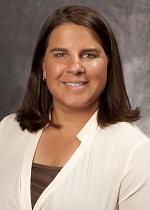We are pleased to offer you our continuing education courses that are evidence based, engaging, relevant, and immediately applicable to your practice.
Education Resources applies to the New Jersey Board of Physical Therapy Examiners for all relevant courses being held in New Jersey and neighboring states.
You will not find all of our courses listed on the NJ Board’s website as they are behind in posting their approved courses on their site. The following courses (those relevant to PT’s) will be approved by the NJ Board of Physical Therapy Examiners
Education Resources is an approved provider by the New York State Board of Physical Therapy.
Education Resources is an Approved Provider of Continuing Education by the
American Occupational Therapy Association.
Applications are made to ASHA for all relevant courses.
PLEASE CLICK HERE TO DOWNLOAD A BROCHURE OF COURSES
IN NEW JERSEY IN 2016
Please click on the links below for a full course description, faculty bio, course brochure including a schedule and registration information
Further courses may be added as venues become confirmed.
Post Concussion Syndrome
Christina Finn
August 20-21, 2016 – Somerville, NJ
Treatment of the Child with Severe Involvement: An NDT Approach
Linda Kliebhan
September 16-17, 2016 – Mountainside, NJ
Mechanical Disorders of the Lumbar Spine and Sacroiliac Joint: A Symptom Reproduction Model
Russell Woodman
September 24-25, 2016 – New Brunswick, NJ
Treating Patients in Acute Care and Critical Care Settings: Maximizing Potential
Steven Sadowsky
September 30-October 1, 2016 – Pennington, NJ
The SOFFI Method: Supporting Oral Feeding in Fragile Infants
Erin Sundseth Ross
October 14-15, 2016 – New Brunswick, NJ
The Pediatric Brain: Functional Neuroanatomy the Visual-Vestibular System and Treatment Applications
Janine Wiskind
October 14-15, 2016 – Cedar Knolls, NJ
Amputee Rehabilitation: From Pre-op to Return to Sport Using Evidence Based Care
Inger Brueckner
October 15-16, 2016 – Somerville, NJ
Get Ready to Learn: Yoga Therapy in the Classroom
Anne Buckley-Reen
October 21-22, 2016 – Cedar Knolls, NJ
Adult Dysphagia: Treatment and Clinical Decisions in Complex Patients
Aliaa Khidr
October 28-29, 2016 – Englewood, NJ
NEW Linking Play and Self-Regulation to Mealtime Success
Susan Roberts
November 4-5, 2016 – Cedar Knolls, NJ
ICU and Acute Care Update : Focus on Early Mobility
Christiane Perme
November 19-20, 2016 – Englewood, NJ
Advanced Course: Combining NDT and SI for Optimal Function in Children with Neuromotor Challenges
Lezlie Adler
December 2-3, 2016 – New Brunswick, NJ
Edit


